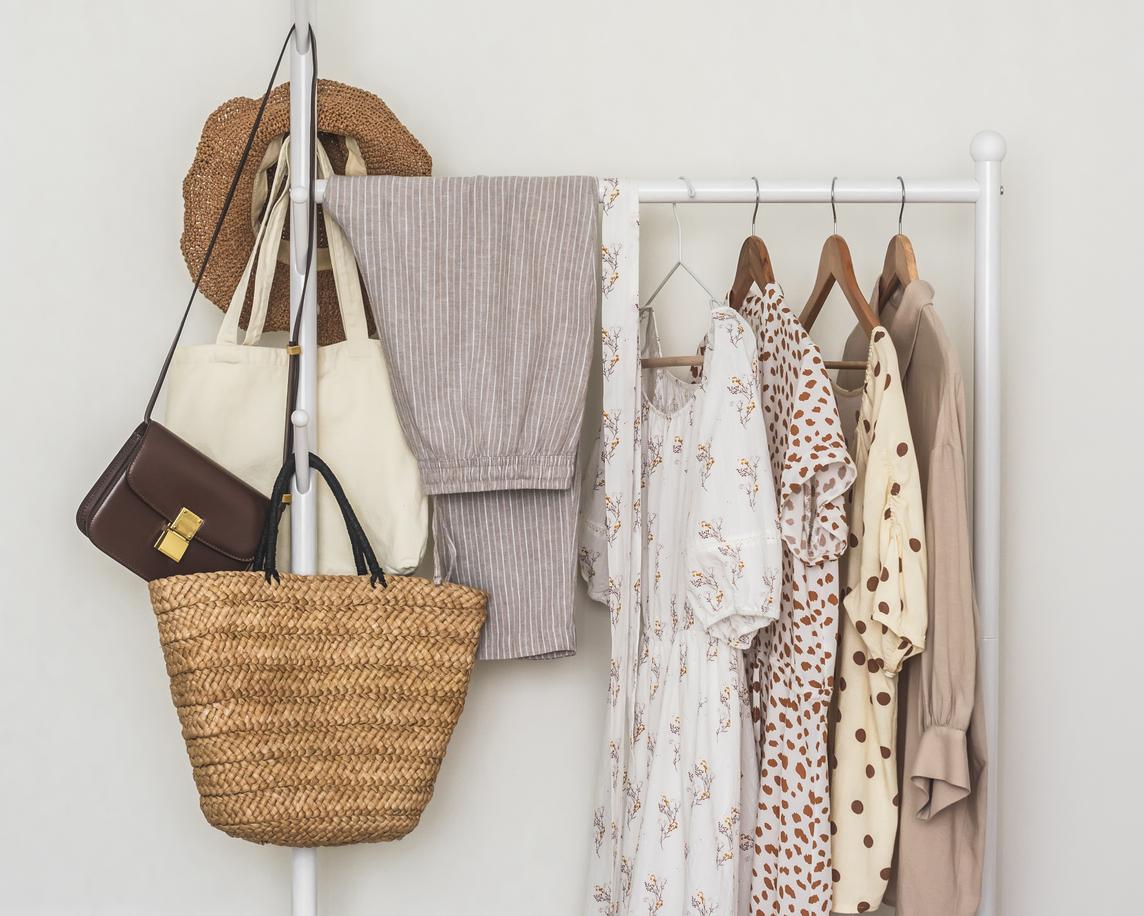The number of colds, bronchitis and other ENT diseases is particularly high for the month of July. In question: a lifting of the anti-covid restrictions after 18 months of caution which put our immune systems to sleep. Explanations.

Illustrative image. Photo Credits: © Sergii Gnatiuk / Shutterstock
Summer is not used to be the season for colds. But this year 2021 has not finished surprising us. After a very calm winter on the side of colds, flu and gastro, runny noses and coughs reappear this summer. From July 12 to 18, 2021, Public health France observes an increase in coverage for respiratory pathologies (ENT disease, bronchitis, bronchiolitis) in emergencies and in SOS Médecins associations.
And France is no exception. Across the Atlantic in the United States, “the summer cold and cough season is really worse than usual“, reports an article from New York Times.
18 months of hygienic measures
How to explain it? It is (again) the fault of the covid, but indirectly. Indeed, since the start of the health crisis 18 months ago, hygienic restrictions have been put in place to limit the pandemic: hydroalcoholic gel, wearing of a mask, physical and social distancing, reduction of interactions, etc.
So many measures that have protected our bodies from the coronavirus but also from all the other pathogens to which they are usually exposed.
Read also: Hydroalcoholic gel: its excessive use would promote the emergence of resistant bacteria
A violent return to reality
But since June and the increase in the number of people vaccinated and therefore protected against covid, these restrictions are fading. Our masks fall and social life resumes.
Consequence: our immune system protected and put to rest for 18 months undergoes a violent return to reality. While he had become accustomed to not encountering many pathogens anymore, he once again has to deal with all kinds of viruses and bacteria.
An immune system “slower to respond”
“Frequent exposure to various pathogens primers or strengthens the immune system so that it is ready to respond to that pathogen“, explains to New York Times Dr. Paul Skolnik, immunovirologist at the Virginia Tech Carilion School of Medicine (Roanoke, United States).
Gold “without these exposures, your immune system may be a little slower to respond or not respond as fully, resulting in a greater susceptibility to certain respiratory infections and sometimes longer or more prolonged symptoms“he continues.
Cold in July, flu in the fall?
If colds and other ENT infections are already making a comeback in July, scientists fear for the fall. The main threat, according to them, is the flu, absent in autumn 2020 and winter 2021 thanks to anti-covid barrier gestures. But weaker restrictions could benefit him. And to date, specialists have no idea how this virus will have evolved during these two years of absence.

















